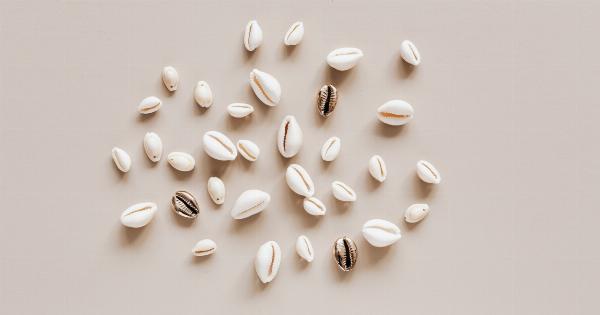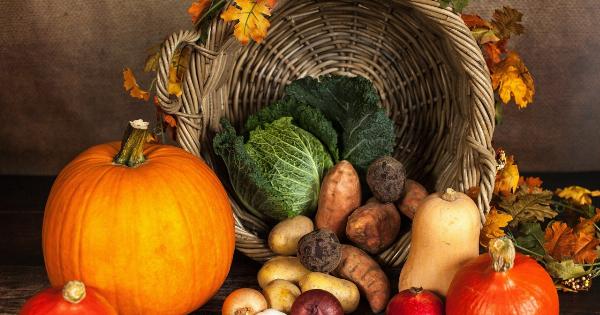As pet owners, we often find ourselves sharing our food with our furry companions, especially dogs and cats. Sharing food with pets may seem like a harmless act of affection, but it may have serious consequences on their health.
This article aims to explore whether or not sharing a food dish affects the health of cats and dogs.
How does sharing food with pets affect their health?
Sharing food with pets can have a negative impact on their health in several ways:.
- Obesity: Obesity is one of the most common health issues faced by pets. Sharing food with pets may lead to overfeeding, which can result in obesity. Obesity, in turn, can lead to other health issues such as joint problems, respiratory issues, and diabetes.
- Food Poisoning: Sharing food with pets can also expose them to the risk of food poisoning. Some human foods, such as chocolate, avocado, onions, and garlic, are toxic to pets and may cause gastrointestinal problems, seizures, and even death.
- Dental Issues: Some human foods, such as sugary and starchy foods, can cause dental problems in pets. The bacteria in the mouth feed on such foods, leading to the formation of plaque and tartar, which may cause gum disease and tooth decay.
Is it ever okay to share food with pets?
While sharing food with pets is generally not recommended, there are some exceptions:.
- Fruits and Vegetables: Some fruits and vegetables are safe for pets and may even offer health benefits. Apples, bananas, carrots, and green beans are some examples of pet-friendly fruits and vegetables.
- Plain Meat: Plain cooked meat, such as chicken or turkey, may be good for pets in small amounts. However, it should be free from bones and skin.
How to prevent the negative effects of sharing food with pets?
If you’re fond of sharing your food with your pets, there are some steps you can take to prevent the negative effects:.
- Limit the Quantity: Make sure to limit the amount of human food you share with pets. A small bite here and there won’t hurt, but overfeeding may lead to obesity.
- Choose Pet-Friendly Foods: Stick to pet-friendly foods, such as fruits, vegetables, and plain meat when sharing food with pets. Avoid giving them foods that are toxic or harmful to their health.
- Feed Them Separately: Don’t share your food with pets directly from your plate. Instead, feed them in their own food dish to avoid cross-contamination.
- Brush Their Teeth: Regularly brush your pet’s teeth, or give them dental chews, to prevent the formation of plaque and tartar. This will also help prevent dental issues.
Conclusion
Sharing food with pets can harm their health and lead to various health issues. While some human foods are safe for pets, overfeeding and sharing harmful foods can have serious consequences.
As a pet owner, it is important to be aware of what foods are safe and healthy for pets to eat and to take necessary precautions when sharing food with them.






























